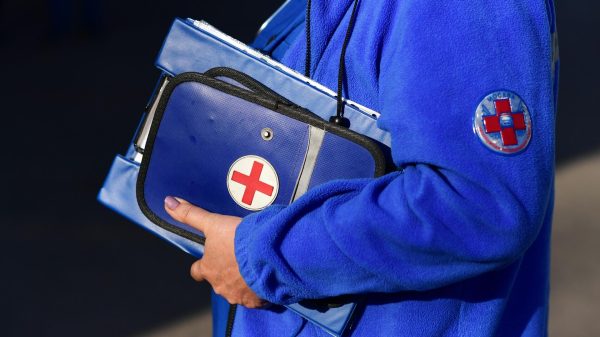
The Faraglioni rock stacks off the island of Capri in the Bay of Naples
Credit: 4 Corners Images
Divers using explosives, hammers and pneumatic drills to illegally harvest a protected type of shellfish have devastated the marine ecosystem off Capri, the celebrated Italian island in the Bay of Naples.
A three-year investigation by Italian police has broken up two syndicates that paid divers to collect the highly-prized date mussel, a species which is protected throughout most of the Mediterranean.
The divers targeted the Faraglioni, three giant rock stacks off the coast of Capri and one of the island’s most famous sights.
The syndicates were making a fortune from selling the shellfish to restaurants in and around Naples, which lies just across the water from Capri.

Date mussels are a protected species that take decades to reach maturity
Credit: Guardia di Finanza
Italy’s Guardia di Finanza police arrested 19 people in connection with the investigation, accusing them of wreaking “environmental devastation” on the seabed.
Police said that 48% of the seabed around the Faraglioni rock pillars had been damaged by the illegal harvest.
Date mussels, Lithophaga lithophaga, are so named because they resemble Arabian dates. They are an endangered species but on the black market can sell for up to €200 a kilo.
In a wire-tapped telephone call, one of the people arrested boasted that he had earned €20,000 in a few months.

Huge quantities of date mussel were poached from the seabed off Capri, police said
Credit: Guardia di Finanza
“This illegal activity does incalculable damage to the marine ecosystem. They are pirates who without any scruples destroy this country’s most beautiful coastal areas,” said Mariateresa Imparato, from Legambiente, an environmental organisation.
Consumers who choose to order a plate of pasta with date mussels were “complicit in a serious environmental crime,” she said.
Date mussels take between 15 and 35 years to grow to just 5cm in length so harvesting a large quantity means scouring a huge area of seabed, reducing it to a “marine desert”, Legambiente said.
The harvesting of the species has been illegal in Italy since 1998, according to Fedagripesca, a commercial fishing association.
“The police operation has finally put a brake on this type of illegal fishing, which has been destroying marine habitats of extraordinary beauty for decades,” said Marino Lembo, the mayor of Capri.




















































Свежие комментарии